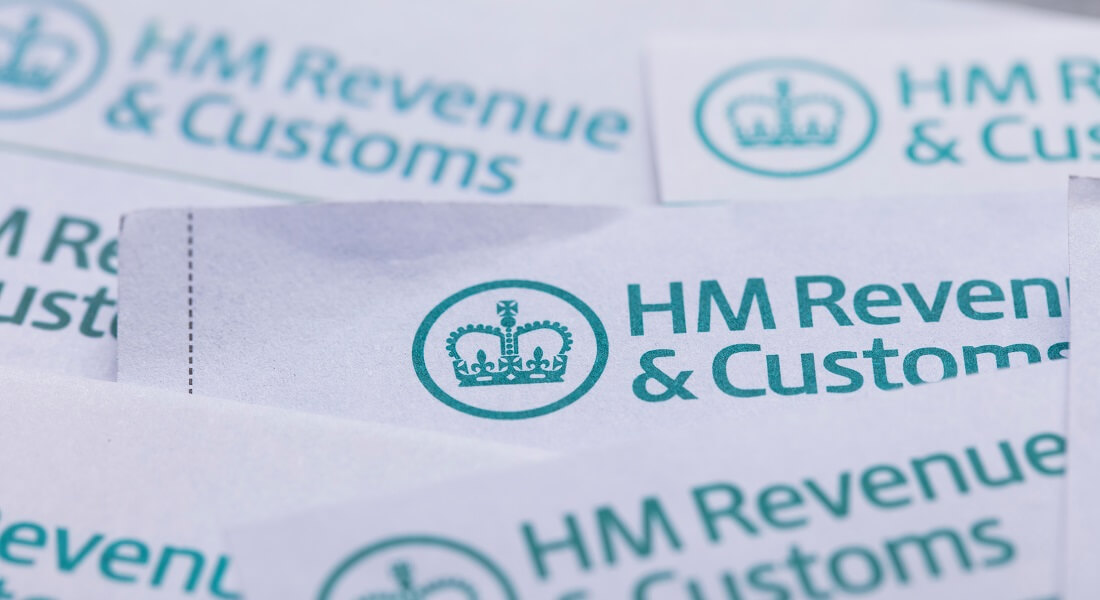11th December 2023
We have started to see an increased level of activity from HMRC and its latest campaign focusing on the charity and not for profit sectors. However, in respect of the intermediaries legislation (commonly referred to as IR35), the transition of responsibility from worker to engager, as far as HMRC is concerned, did not go smoothly.
There were instances where engagers were taking a blanket approach and deducting PAYE and National Insurance (NI) regardless of whether the legislation applied. Further challenges included, for example:
- Is the engager caught by the legislation?
- Who at the engager was going to have overall responsibility for legislation?
- What policies and procedures needed to be put in place to ensure the legislation was being applied?
To recap, a business will fall within scope of IR35 where two of the following three conditions are met:
- Turnover exceeds £10.2m;
- Gross assets of £5.1m plus; or
- More than 50 employees
Many charities and NFP organisations regularly engage individuals directly on a self-employed basis and the same ‘tests’ for both IR35 and employment status need to be considered to help determine whether they can be paid ‘gross’, otherwise PAYE and Class 1 NI needs to be deducted. Examples of the tests which need to be considered include, but not limited to:
- Mutuality of obligation: Is the school obliged to provide work to the contractor/worker?
- Personal skills: Is the individual providing specialist skills which nobody else possess and do they have the right to provide a substitute (including the unfettered right of substitution)?
- Reality of the engagement: HMRC will typically look at what the contracts says and compare this with how the services are provided.
The amount of questions HMRC can raise during an employment status review can be more than 100, which can prove time consuming for both the engager and the worker to deal with.
HMRC campaign letter
The current HMRC campaign is not limited to individuals who provide their services via an intermediary, such as a personal service company (PSC). It will look at any individual where the payments made are not subject to payroll deductions, such as Income Tax and NI.
What is HMRC looking for?
Based on the campaign letters we have seen to date, HMRC is requesting the following information:
- A full list of all sub-contractors, workers and individuals who were engaged during the 2022/23 tax year.
- Details of payments made to those individuals, sub-contractors and workers including details of the services provided.
- Provision of sample invoices.
- A copy of any internal guidance and/or manuals.
- Sample contracts and time records.
The final question from HMRC concerns a description of the procedures in place for determining the employment status of the contractors/workers.
In respect of this question, HMRC wants to understand what steps businesses are taking to ensure they have fully considered the tax treatment of the payments they make, to any ‘off-payroll’ workers they may engage. This will include, for example:
- What testing of the contractual arrangements is being carried out?
- Is the school making use of HMRC’s Check Employment Status for Tax (CEST) tool, or any other similar software as part of its verification processes?
- Where there is any disagreement over the tax treatment on payments made to a worker, how is that dispute resolved?
- How often does the school review the employment status of its workers?
Even if you have not received one of HMRC’s campaign letters, the fact that HMRC has put in place a targeted campaign within the charities and not for profit sector is an indication that it believes there is a high level of non-compliance.
Updated HMRC guidance
As well as its current campaign, HMRC has recently updated all of its guidance in respect of the off-payroll working (OPW) arrangements, which covers the following points:
- Who is responsible for operating the OPW rules?
- How are the worker supply chains being monitored?
- How are status determinations being made?
- What training is being provided to ensure there is compliance with the legislation?
- What internal guidance is in place?
- How are the PAYE reporting obligations being discharged?
How haysmacintyre can help
We have considerable experience assisting clients with a wide range of employment tax issues, especially in relation to employment status and OPW arrangements. The following are examples of how we can help you:
- Review your existing OPW arrangements
- Assisting with any HMRC enquiries
- Provide training or technical updates
- Any ad hoc matters
If you wish to discuss matters further, please do not hesitate to contact Nick Bustin, Director of Employment Tax, or a member of the Employment Tax team.





